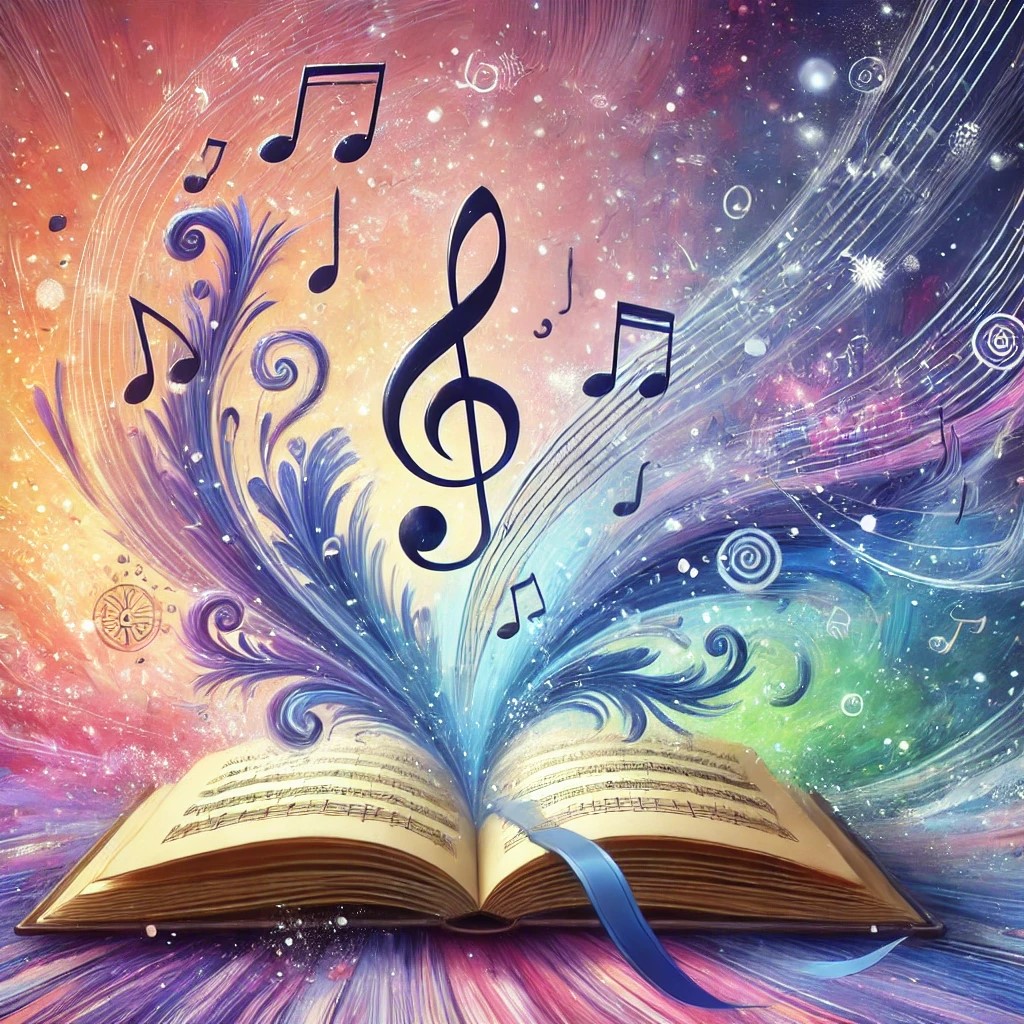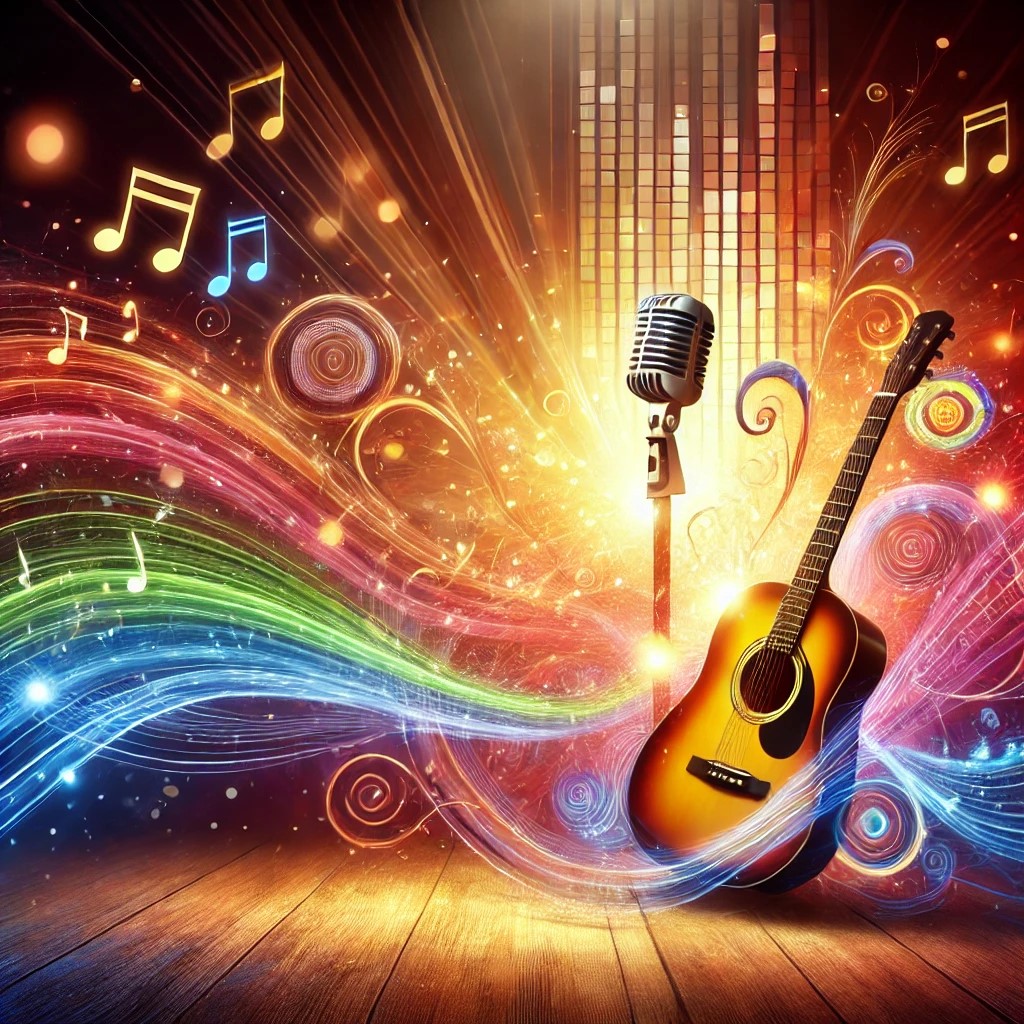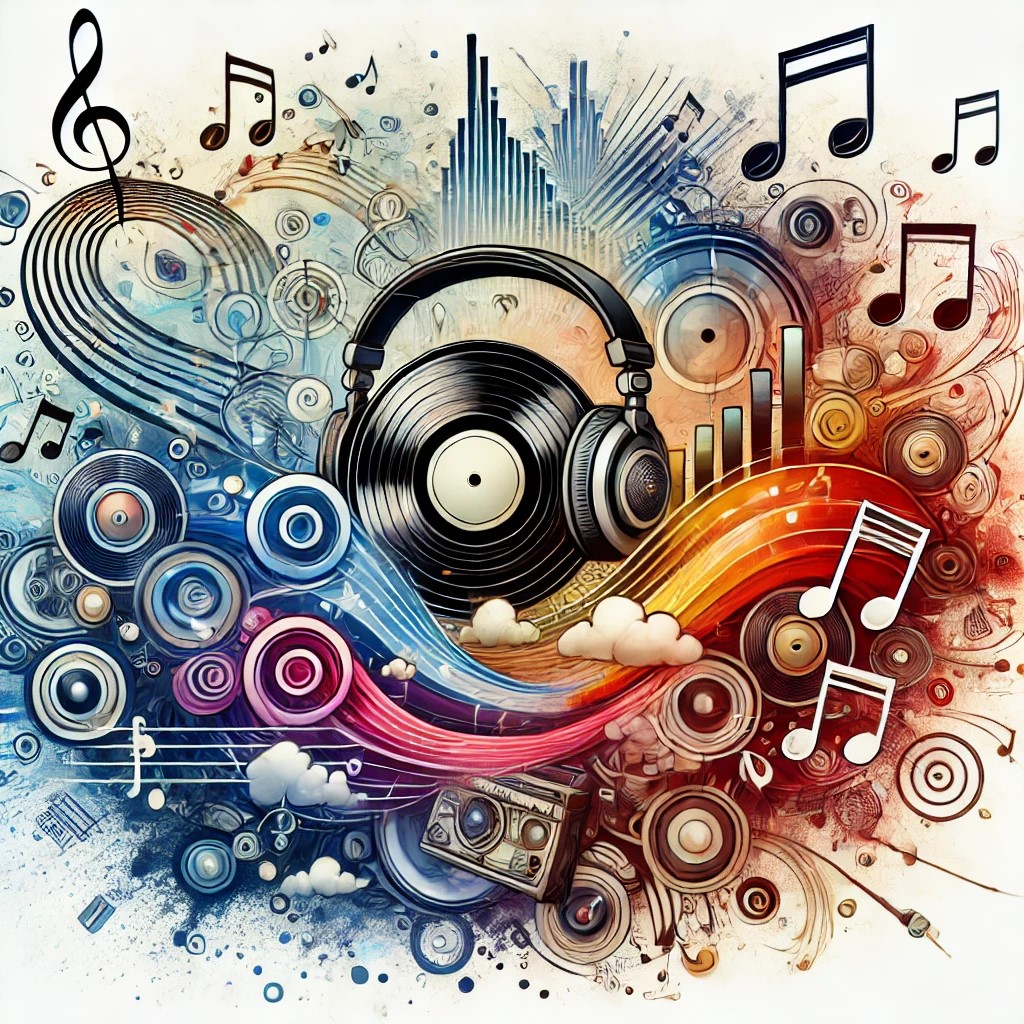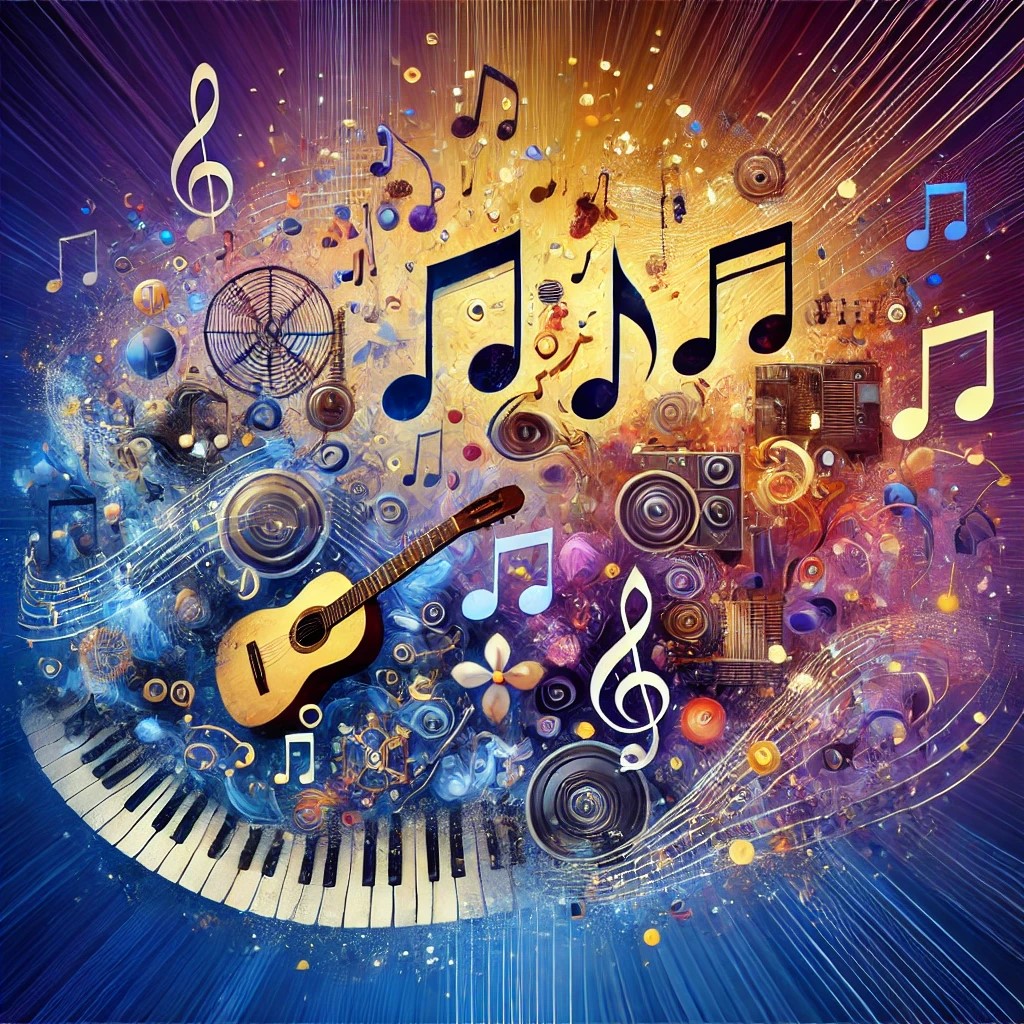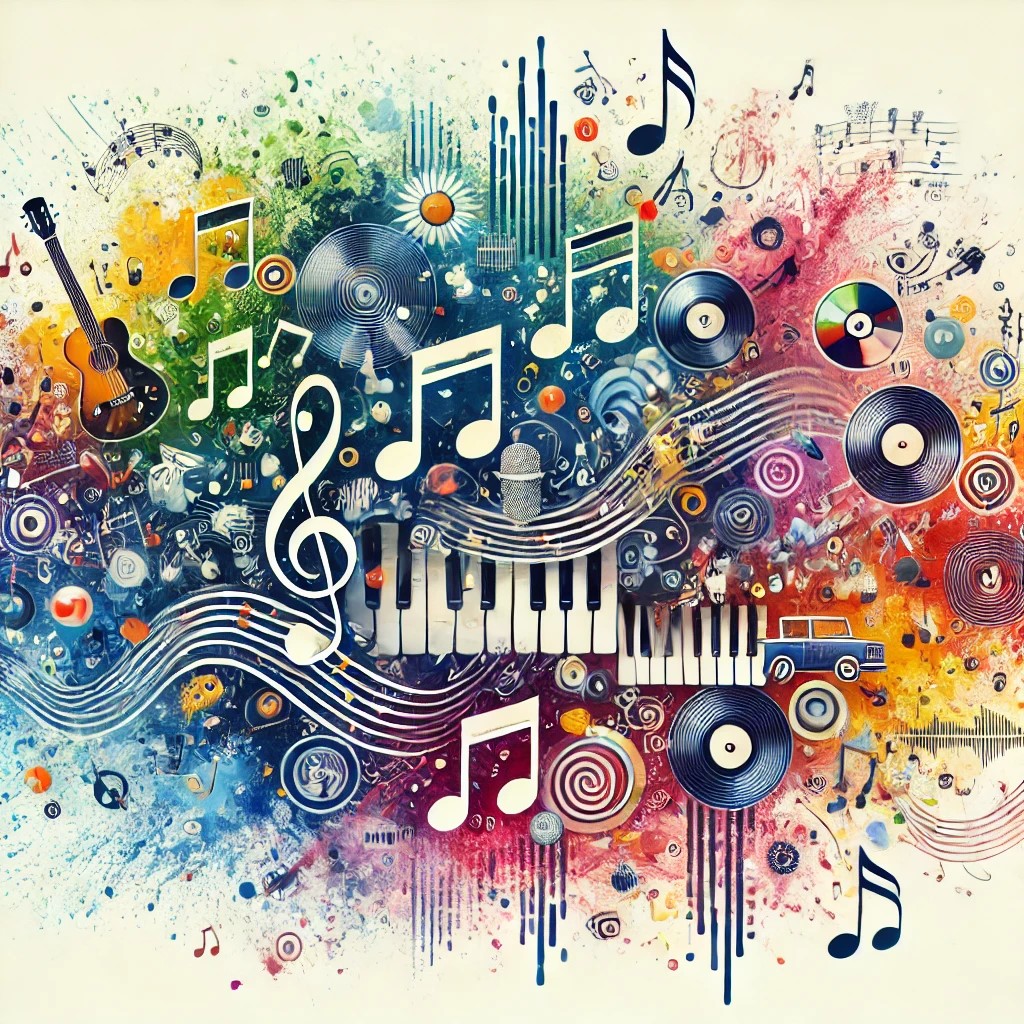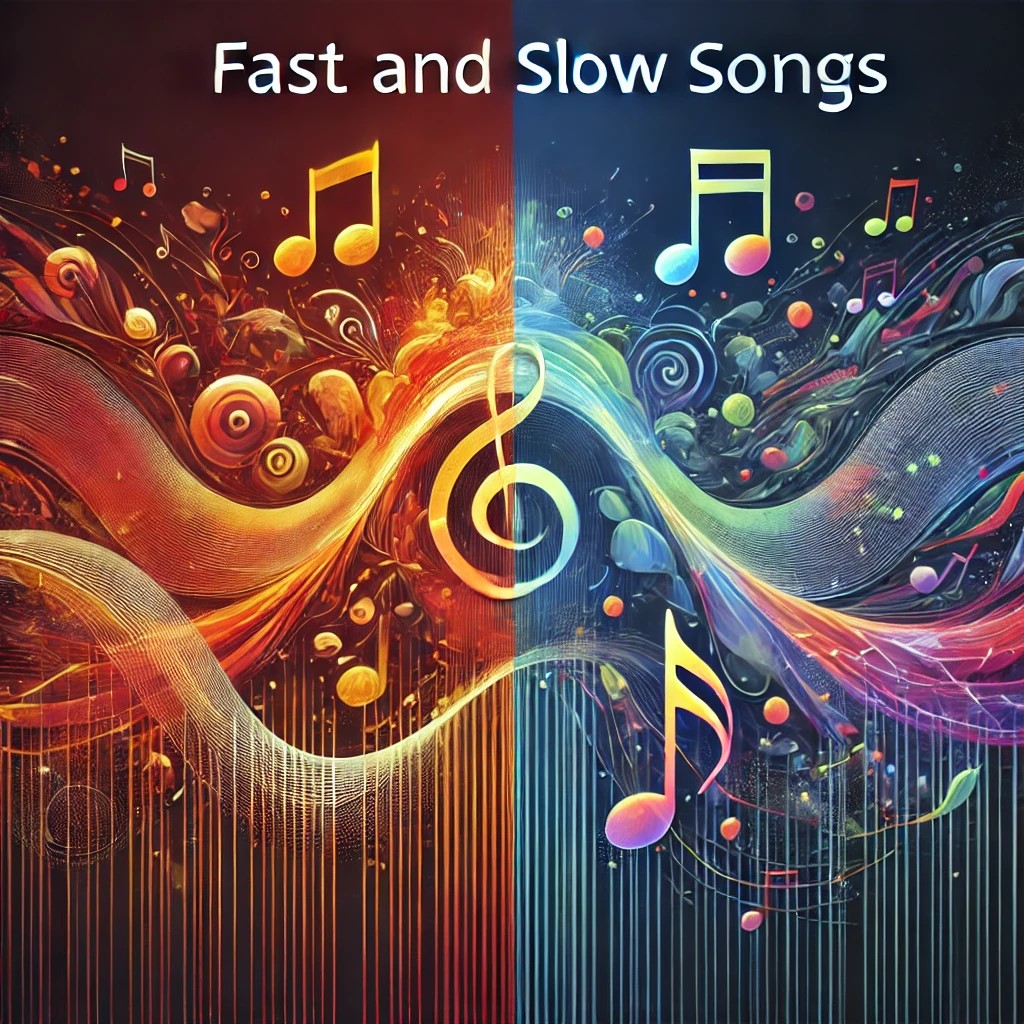In the dynamic world of gaming, every edge counts. Whether you’re a casual gamer or an aspiring eSports professional, enhancing your gameplay can lead to more wins, less frustration, and ultimately, more fun. This blog post explores various tips, tools, and strategies to make gaming easier and more enjoyable for you. From optimizing your setup to mastering in-game strategies, we’ve got you covered. Visit Website’s 먹튀검증사이트.
Optimize Your Gaming Setup
Invest in a Quality Gaming Chair
A quality gaming chair is more than a luxury; it’s a necessity. Prolonged gaming sessions can lead to discomfort and even chronic pain if you’re not seated properly. Look for a chair that offers lumbar support, adjustable height, and armrests. Ergonomic designs can help maintain good posture, reducing the risk of back pain. Brands like Secretlab and DXRacer offer high-quality options tailored for gamers.
Choose the Right Monitor
Your monitor plays a crucial role in your gaming experience. A high refresh rate (at least 144Hz) and low response time (1ms) are essential for smooth gameplay. Additionally, consider the resolution and size; a larger screen with a higher resolution (e.g., 1440p or 4K) can provide a more immersive experience. Brands like ASUS, Acer, and BenQ offer excellent gaming monitors that cater to various budgets.
Opt for a Gaming Mouse and Keyboard
Precision and responsiveness are key in gaming peripherals. A gaming mouse with adjustable DPI settings and programmable buttons can give you an edge in competitive games. Similarly, a mechanical keyboard with customizable key switches can enhance your typing speed and accuracy. Popular options include Logitech’s G series, Razer’s DeathAdder, and Corsair’s K95.
Enhance Your Gaming Environment
Manage Your Cables
A clutter-free environment can significantly improve your focus. Cable management systems, such as cable trays and clips, can help keep your desk tidy. Additionally, wireless peripherals can reduce the number of cables running across your workspace.
Proper Lighting
Proper lighting can reduce eye strain and create an immersive atmosphere. Consider LED strip lights behind your monitor or smart bulbs that can change colors based on your in-game actions. Companies like Philips Hue and Nanoleaf offer versatile lighting solutions that can be customized to your preference.
Soundproof Your Room
If you share your living space with others, soundproofing can be a game-changer. Acoustic panels, heavy curtains, and even rugs can help dampen noise, creating a quieter environment that allows you to focus on your game.
Master In-Game Strategies
Learn the Meta
Understanding the meta (most effective tactics available) is crucial in competitive games. The meta evolves with updates and patches, so staying informed can give you an advantage. Follow forums, YouTube channels, and Twitch streams dedicated to your favorite games to stay up-to-date.
Practice Makes Perfect
No tool or setup can replace the value of practice. Spend time in training modes, watch replays of your matches, and analyze your gameplay to identify areas for improvement. Many games offer built-in tools to help you refine your skills.
Join a Community
Joining a gaming community can provide valuable insights and support. Whether it’s a Discord server, Reddit community, or Facebook group, connecting with other gamers can help you learn new strategies, find teammates, and stay motivated.
Use Game-Specific Tools and Software
Aim Trainers
Aim trainers like Aim Lab and Kovaak’s FPS Aim Trainer can help improve your accuracy in first-person shooters. These tools offer various drills and scenarios to practice different aspects of aiming, such as tracking, flicking, and target switching.
Performance Monitoring Software
Software like MSI Afterburner and NVIDIA GeForce Experience can help you monitor your system’s performance. Keeping an eye on your CPU and GPU temperatures, frame rates, and resource usage can help you make necessary adjustments to optimize your gaming experience.
Voice Chat and Communication Tools
Effective communication is crucial in team-based games. Tools like Discord, TeamSpeak, and Mumble offer reliable voice chat services with low latency. These platforms also allow you to create custom channels and share files, enhancing team coordination.
Improve Your Physical and Mental Well-being
Stay Hydrated
Hydration is often overlooked but essential for maintaining focus and energy levels. Keep a water bottle nearby and take regular sips during your gaming sessions. Dehydration can lead to fatigue and decreased cognitive function, impacting your gameplay.
Take Regular Breaks
Prolonged gaming can lead to physical strain and mental fatigue. Implement the 20-20-20 rule—take a 20-second break every 20 minutes and look at something 20 feet away. This can help reduce eye strain and improve overall well-being.
Exercise Regularly
Physical fitness can improve your reaction time, endurance, and overall performance. Incorporate regular exercise into your routine, focusing on cardiovascular health, strength training, and flexibility. Activities like jogging, yoga, and weightlifting can complement your gaming lifestyle.
Conclusion
Improving your gaming experience involves a combination of optimizing your setup, mastering in-game strategies, using specialized tools, and taking care of your physical and mental well-being. By implementing these tips and tools, you’ll find yourself enjoying your gaming sessions more and achieving better results.
Remember, the key to success in gaming, as in life, is continuous improvement. Stay curious, stay motivated, and most importantly, have fun. For more insights and personalized tips, sign up for our newsletter and join our community of passionate gamers. Happy gaming!
